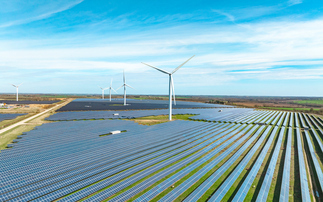GenGame uses games to encourage people to use less electricity at times of value.
The value comes from selling this aggregated capacity to reduce demand to energy companies, who use it as an alternative to building power stations that run at peak times or when the wind stops blowing. This is called domestic demand response and has had limited commercial success, since the value (roughly $30-$50 per year per household in USA, lower in UK) is too low to engage with consumers and sustain behaviour change.
We turn this problem around by creating something consumers want to play rather than need to be paid to do. We focus on UI/UX and gameplay and tell players about points and prizes rather than kilowatt hours and 'network capacity'. We leverage smart home devices such as plugs, thermostats and washing machines to automate reductions and reward players for doing so with virtual and real rewards.







